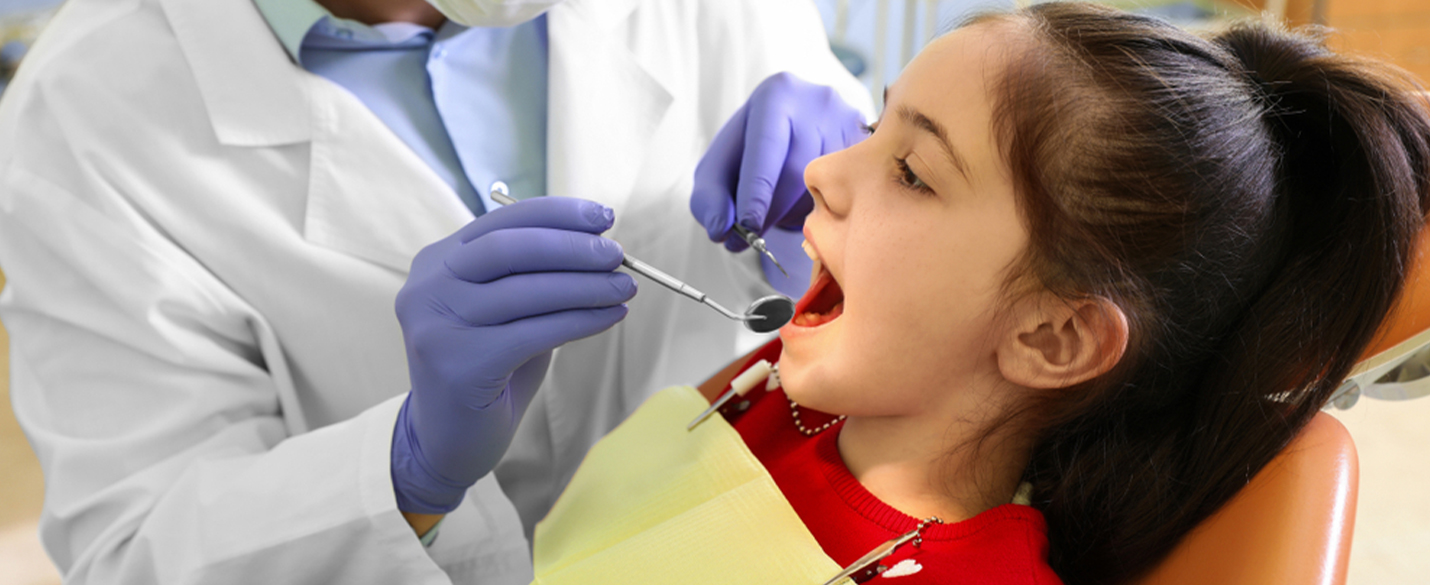When it comes to personal hygiene, especially for those leading active lifestyles like grapplers or fighters, the choice of soap can significantly impact skin health. Antimicrobial soaps, often marketed with various health claims, have become a topic of intense debate. This article aims to clarify the effectiveness and uses of these soaps, with a special focus on products like tea tree soap and Natural Moisturizing Antifungal Soap.
What Are Antimicrobial Soaps?
Antimicrobial soaps contain substances meant to prevent the growth of bacteria, fungi, and other microbes. These products are often viewed as a necessary defense, especially in environments prone to infections. One popular variant is tea tree soap, which incorporates tea tree oil known for its natural antimicrobial properties.
The Misconception of Increased Effectiveness
A common myth is that antimicrobial soaps are more effective than regular soaps in everyday settings. The reality, however, is that for the general population, washing with regular soap and water is just as effective in removing germs and preventing the spread of infections. Studies have shown that the antimicrobial additives provide no added health benefit when hygiene practices are adequate.
Key Ingredients and Their Functions
Antimicrobial soaps often contain various active ingredients like triclosan or triclocarban. However, natural options such as tea tree oil have gained popularity. Tea tree oil, extracted from the leaves of the Australian tea tree, is renowned for its antiseptic properties. This makes Grappler Fighter Tea Tree Soap a favorite among those who prefer a natural approach to skin care, particularly among athletes like grapplers who are exposed to gym environments where fungal infections can spread.
The Environmental and Health Concerns
While effective to a degree, chemical antimicrobials in soaps have raised environmental and health concerns. The overuse of these products can lead to the development of antibiotic-resistant bacteria. Additionally, substances like triclosan have been linked to hormonal disruptions in animal studies, prompting a shift towards products that boast natural ingredients, such as natural moisturizing antifungal soaps.
Benefits of Natural Antimicrobial Soaps
For individuals with sensitive skin or those looking to avoid harsh chemicals, natural moisturizing antifungal soaps present a gentler alternative. These soaps combine the infection-fighting capabilities of ingredients like tea tree oil with moisturizers to prevent skin dryness. This dual action makes them particularly suitable for athletes, ensuring protection against common fungal infections while maintaining skin health.
Practical Advice for Choosing and Using Soap
Choosing the right soap involves understanding your skin type and your exposure to potential infections. For athletes and those in frequent contact with communal areas, a product like tea tree soap can provide effective antimicrobial protection without the risks associated with synthetic chemicals. However, for daily use, particularly for those with dry or sensitive skin, a natural moisturizing antifungal soap might be the better option as it also helps maintain skin hydration.
Conclusion
Dispelling the myths surrounding antimicrobial soaps is crucial in making informed choices about personal hygiene products. While these soaps have their place, especially in settings where the risk of infection is high, for most people, regular soap and proper washing techniques are sufficient to maintain hygiene. For those who prefer natural options, products like tea tree soap and natural moisturizing antifungal soaps offer a balance of effectiveness and skin care, ensuring protection against microbes while keeping the skin healthy and moisturized.














